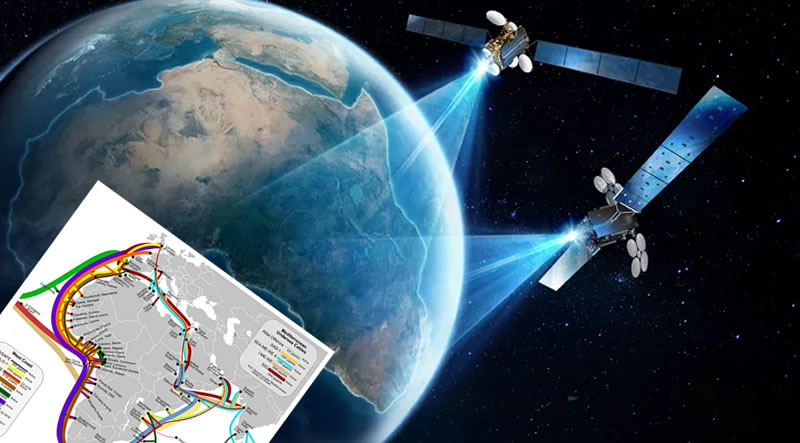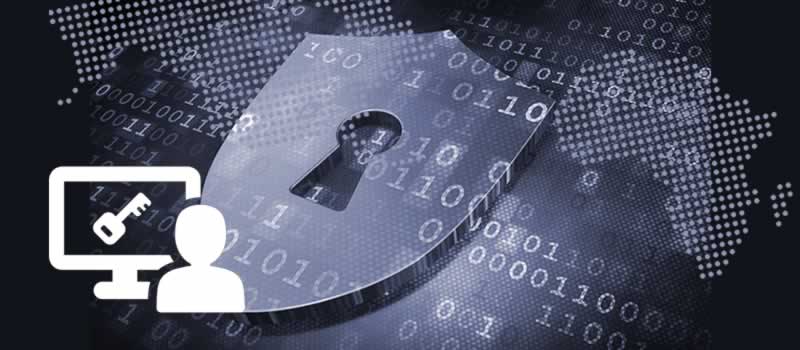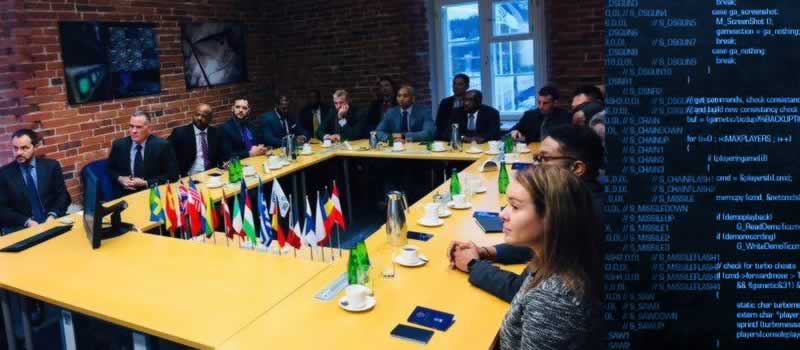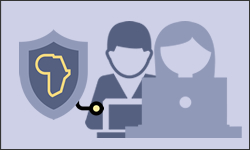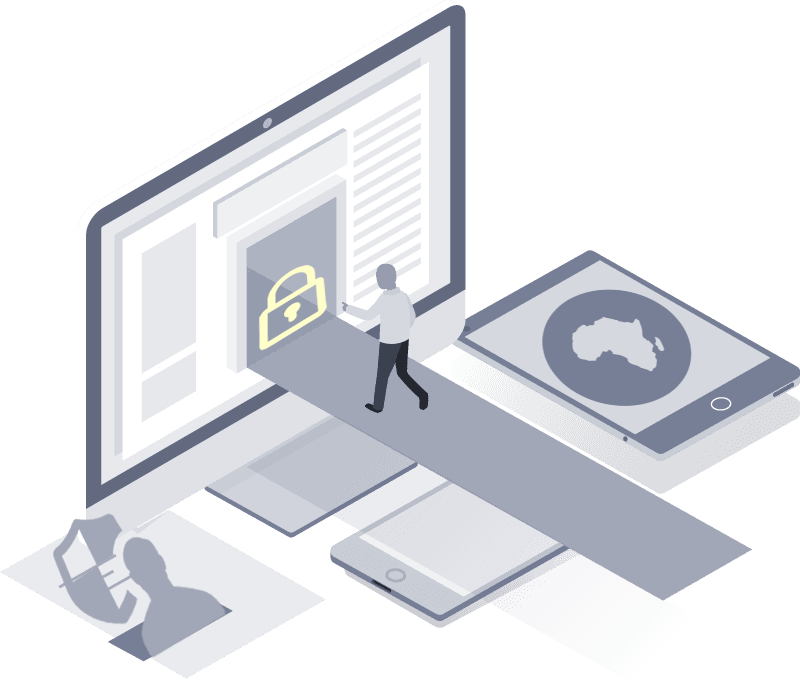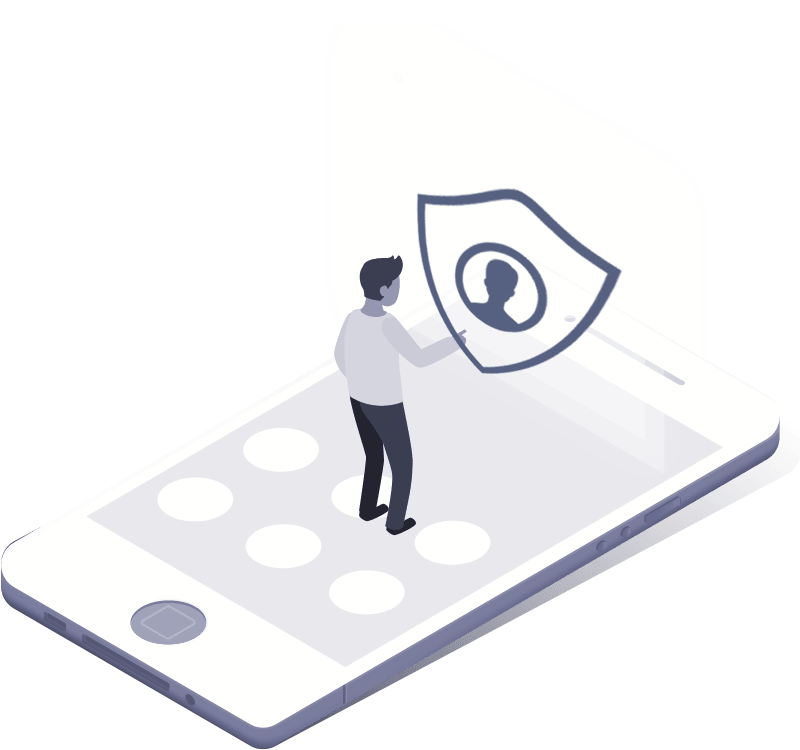ANALYSIS featured on AllAfrica.com 3 June 2019 By Ambassador Omar Arouna The digital divide in Africa is real: Three-quarters of the people on the continent do not have sufficient access to the internet – or have no access at all. This has an impact on everyone and in every component of society, from health to... Read more
Category: Ambassador Omar Arouna
Africa, how is your cyber hygiene?
Jan 31, 2018 by Ambassador Omar Arouna--Cyber hygiene is the establishment and maintenance of an individual’s daily routines, occasional checks and general behaviors required to maintain a user’s online “health” (security). Cyber hygiene is linked to cyber security. Poor cyber hygiene will adversely affect an organization’s cyber security and, conversely, strong (or weak) cyber security... Read more
Are we paying attention to the new challenges of the digital world?
Jan 22, 2018, by Ambassador Omar Arouna--When Estonia started building its information society about two decades ago, there was no digital data being collected about its citizens. The general population did not have the internet or even devices with which to use it. Sound familiar? It took great courage to invest in IT solutions and... Read more


